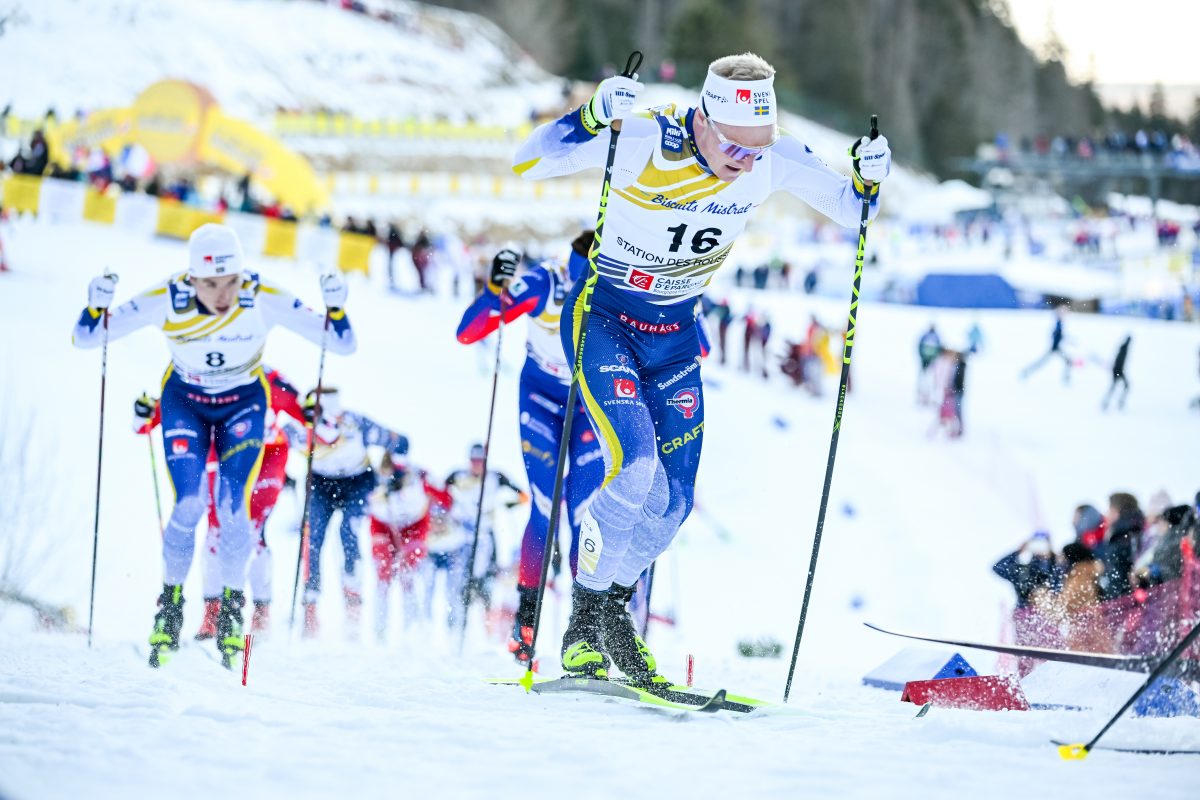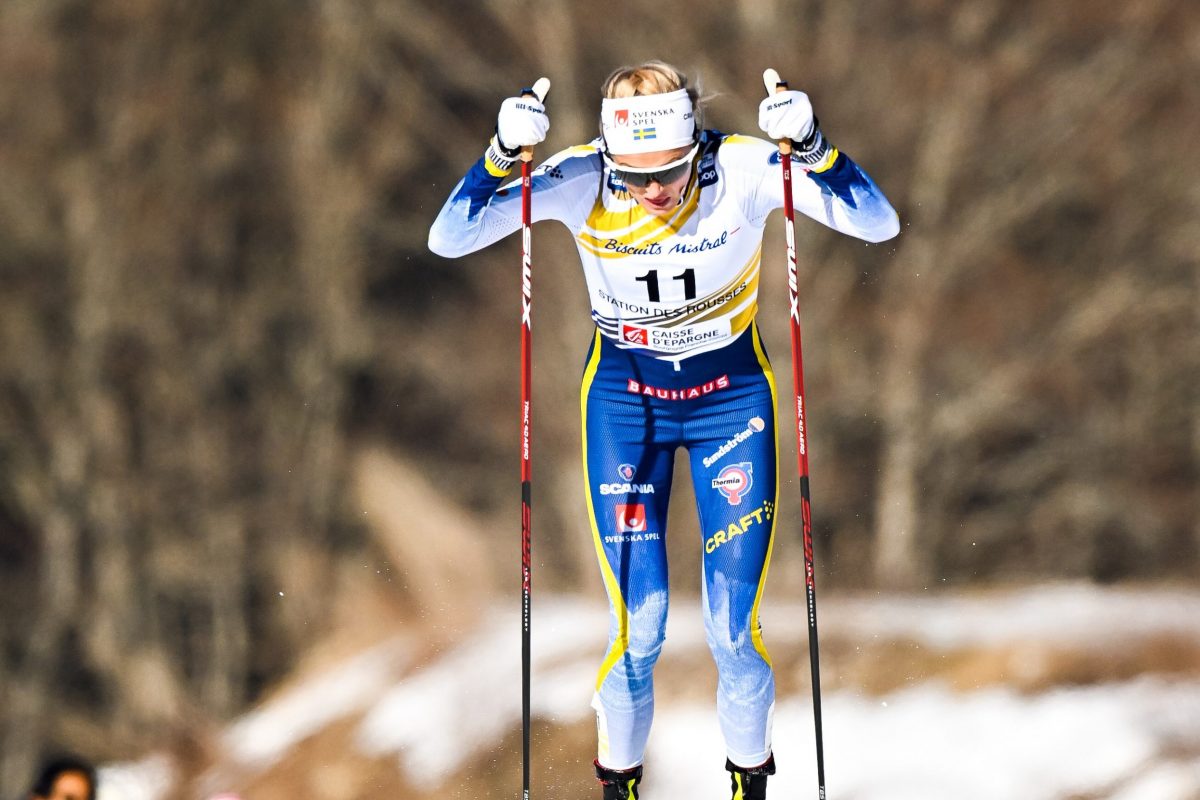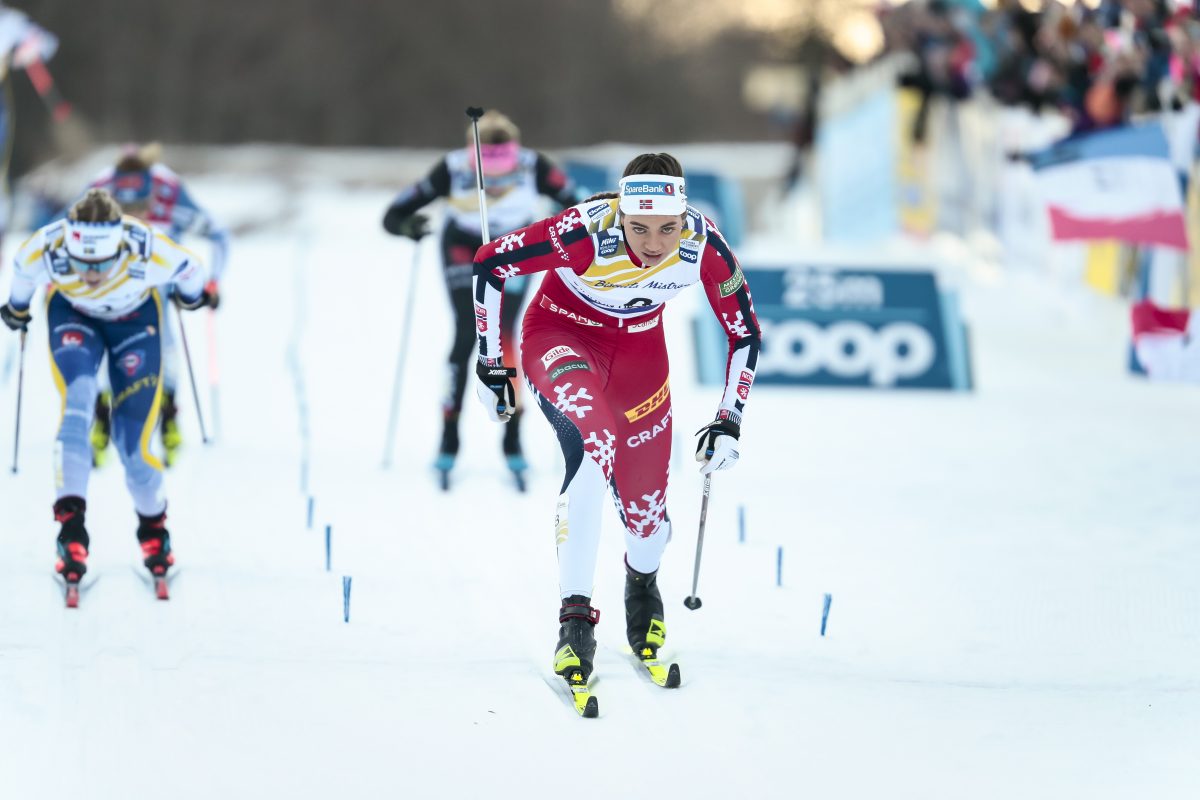McLean, VA (May 8, 2008) — The snow sports products market grew by $280 million to reach $2.97 billion for the 2007.08 season, up from approximately $2.69 billion in all channels last season. Equipment sales were relatively flat in specialty shops and chain stores but increased by more than $40 million in online sales. Apparel sales increased by more than $100 million with snowboard tops and parkas selling very well in all channels. Kurt Widen, KJUS USA COO says, “The US market is challenging especially in these difficult economic times. However, snowfall is a great equalizer in our market, and early snowfall in the 07/08 ski season helped jump start sales in our segment. This along with strong sell through and continued growth in awareness of our relatively young brand positioned us well for the 08/09 order season where we saw a 27% increase over last year.â€
Healthy sales of helmets, goggles and snowshoes led increases in accessories sales that grew by $64 million this season in specialty shops and online. “It’s hard to imagine a better season in the accessories business. We sold out of helmets and our goggle supply was similarly tight thanks to a season where every region had record snowfall and every resort was open,†states Blair Clark, SMITH Optics, Sr. VP, Marketing and Sales.
Chain store sales were not measured in 2006.07, however, in the 2005.06 season, total chain sales reached $537 million and this season they increased to $616 million. Trending was used to estimate total chain store sales at $578 million for the 2006.07 season.
2007.08 Season’s Trends
Twin Tips
Twin Tip skis sold well in every channel and more than 75,000 new pairs were sold this season. The most popular place to buy a new twin tip ski was in a specialty shop where the average price was $355.63. Almost 30,000 clicked online to buy their twin tips between August and March this season where the average price was slightly lower at $304.51 and online customers and specialty shop customers probably paid about the same amount for their twin tips once shipping costs were added into the online price. Fewer skiers purchased their twin tips in chain stores; just 6,300 were sold in that channel this season. Twin tips do not sell well as integrated systems; more than 95 percent are sold as flat skis with bindings sold separately.
Cross Country Equipment
This season’s heavy snowfall created excellent conditions for cross country skiing as reflected by the 26% increase in cross country equipment unit sales. In fact, Nordic skiers purchased more than 114,000 new pairs of skis, 135,000 pairs of boots, and 107,000 cross country bindings this season.
Helmets
934,000 skulls have new protection this season as helmets sales reached record levels. Specialty shops sold about three quarters of all helmets purchased throughout the snow sports market this season at an average price of $81.68. Online customers paid an average of $70.47 for their new helmet and chain stores sold helmets at an average price of just $67.64 but fewer than 20% of the helmets were purchased there.
Snowboard Tops
In apparel, snowboard tops led the charge with more than $173 million in sales representing a 12% increase in dollars sold in the specialty channel and more than 142% gain in dollars sold in the Internet channel. However, specialty shops are still the place to shop, just 14.5% of all snowboard tops sold were sold online this season.
Snowshoes
The weather conditions were right across the country for snowshoeing this season and many headed outside wearing new snowshoes. Snowshoe sales topped 200,000 pairs this season, a 20 percent gain in units sold.
Sales by Channel
Specialty
The Specialty channel was the largest sales channel with $1.86 billion in sales, 60% of industry total. Apparel sales in specialty shops increased by more than 6% this season with snowboard apparel leading the way. Accessories sales increased by more than 7% as heavy snow drove helmet and snowshoe sales up significantly. Equipment sales in specialty shops were relatively flat this season but twin tip skis and cross country ski equipment flourished.
Internet
Sales in the Internet channel grew 75% in dollars this season. The Internet channel totals include sales made by companies that have no brick and mortar locations as well as the online sales made by specialty shops that sell on their shops’ websites and record those sales separately from in-store sales. The dramatic growth in this channel represents more accurate measurement of these sales as well as the changing behavior of consumers and of retailers. Many Internet-only shops have their roots in catalog sales. These “clicks-only†shops formerly sold products by catalog (phone and mail order) before the Internet made catalog shopping even more convenient for shoppers who cannot, or will not come into a shop to buy products.
If there is one category in this high growth channel to highlight, it is equipment. While apparel and accessories sales grew by more than 40% each, equipment sales increased by more than 75% in dollars. Sales of alpine skis were exceptionally strong with 121% growth in units sold, that’s more than 111,000 pairs of skis sold online. Flat skis, particularly twin tips sold well online with 138% growth in dollars sold. Adult bindings sales increased by 155% in dollars, and sales of boots did equally well with more than 75,000 units sold. Apparel sales increased by 37% in units led by parkas and snowboard apparel. Accessories sales also increased dramatically in this channel to $120 million.
Chain Stores
The Chain stores sold $616 million in snow sports equipment, apparel and accessories. End of season data on the top lines is compared to 2005.06 season data because SIA did not measure sales in chain during the 2006.07 season. Using simple trend lines, we can now estimate sales in this channel for 2006.07 at $519 million. Equipment sales were flat at $150 million this season but there were some notable exceptions; juniors’ skis, poles, and boots sales, carry-over skis, boots, and bindings, cross country equipment, and randonee/AT equipment sold well in the chain stores. Apparel sales were up 16% in dollars over sales during the 2005.06 season, and accessories sales increased by 23% in dollars over the past two seasons.
SnowSports Industries America (SIA) is a not-for-profit trade association whereby competing on-snow product suppliers magnify their power, by working together, for the development of the on-snow sports industry. For more information, check out www.snowsports.org.




